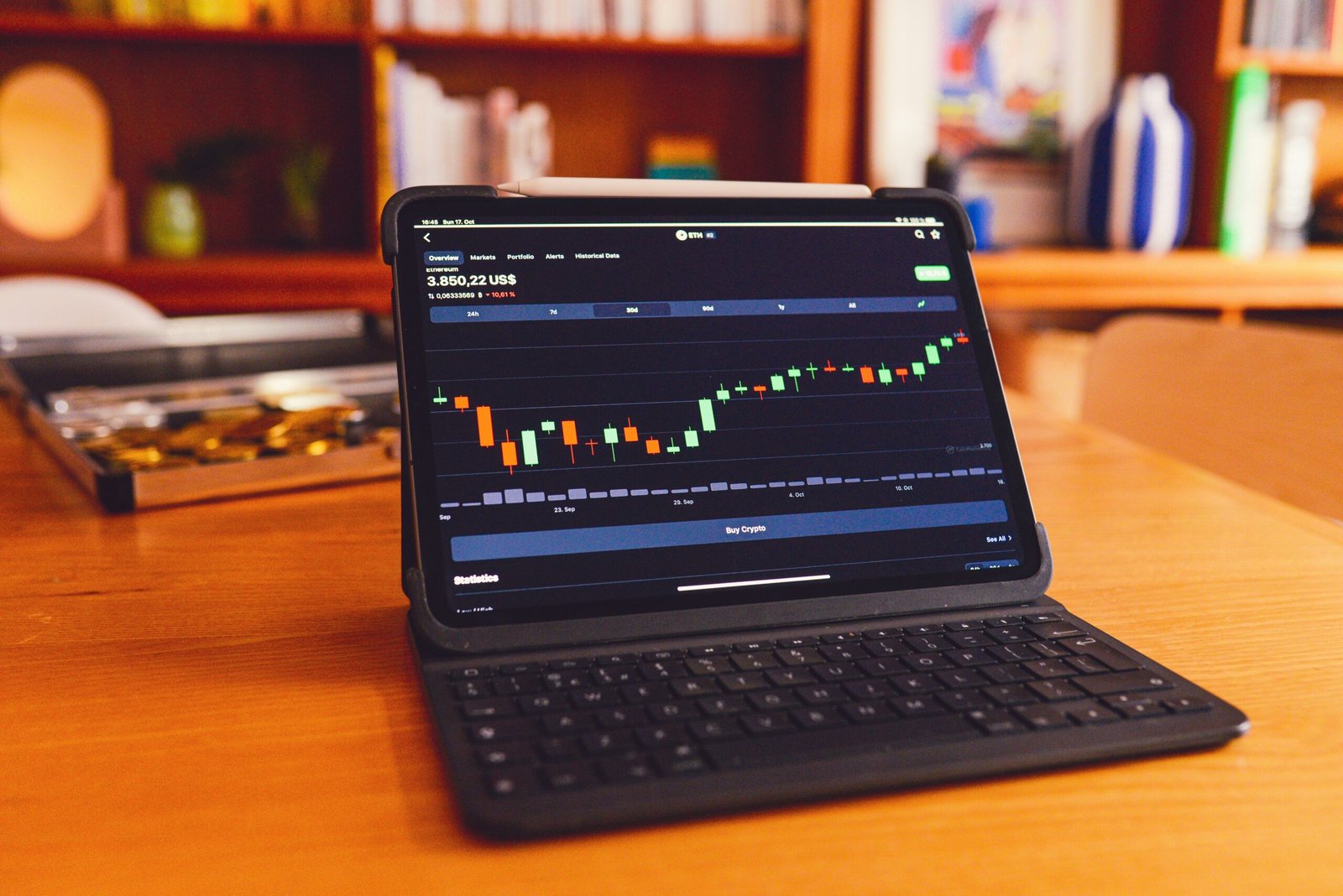Embracing Sustainability: The Trending Eco-Conscious Lifestyle in Brazil
Understanding the Eco-Conscious Movement in Brazil
The eco-conscious lifestyle has gained significant traction in Brazil, driven by a growing awareness of environmental issues and a commitment to sustainability among its citizens. This movement’s roots can be traced back to the escalating concerns over the effects of climate change, deforestation, and pollution, particularly in relation to the Amazon Rainforest and urban areas. As awareness has increased, so too has the demand for sustainable products and practices across various sectors, including fashion, food, and transportation.
Key statistics highlight the substantial shift toward eco-friendly living in Brazil. Recent surveys indicate that approximately 70% of Brazilian consumers consider sustainability when making purchasing decisions. Furthermore, a notable 50% of consumers expressed a willingness to pay a premium for products that are eco-friendly or ethically produced. This shift not only reflects changing consumer behavior but also illustrates how Brazilian society is beginning to prioritize environmental stewardship in daily life.
The rise of the eco-conscious movement is also evident in the proliferation of green initiatives across major Brazilian cities. Innovations such as urban gardens, recycling programs, and the promotion of public transportation have become increasingly popular. For example, São Paulo has introduced incentives for electric vehicles and expanded its bike-sharing program, encouraging reduced emissions and alternative modes of transportation. Such measures align with Brazil’s commitments to global sustainability goals, reaffirming its position within broader initiatives aimed at combating environmental degradation.
Moreover, the integration of eco-conscious practices has permeated various lifestyle choices, from the adoption of plant-based diets to an increased focus on zero-waste living. Brazilian artisans are also embracing sustainable craftsmanship, producing goods using recycled materials and traditional techniques that minimize impact on the environment. As these trends continue to evolve, Brazil stands as a beacon of eco-conscious efforts, merging cultural values with sustainable practices for a brighter environmental future.
Sustainable Fashion: A Closer Look
The fashion industry in Brazil is undergoing a significant transformation with the rising prominence of sustainable fashion. This eco-conscious movement has captured the attention of both designers and consumers, leading to a reevaluation of traditional practices within the sector. Emerging Brazilian designers are increasingly prioritizing eco-friendly materials, ensuring that their collections are not only stylish but also environmentally responsible. These designers often draw inspiration from Brazil’s rich biodiversity, selecting natural fibers and organic textiles that minimize environmental impact while supporting local artisans.
In addition to new fashion lines, there has been a notable shift in consumer behavior towards thrift shopping and upcycling. Brazilian shoppers are becoming more discerning, seeking out vintage garments and second-hand finds that reduce waste and soften their carbon footprints. Thrift shops are now thriving as consumers recognize the value of purchasing pre-loved pieces, which not only supports a circular economy but also allows for unique personal expressions through fashion. The rise of upcycling also encourages individuals to turn old garments into fresh, fashionable items, fostering creativity and conscious consumption.
Social media plays a crucial role in promoting and spreading awareness about sustainable fashion trends in Brazil. Platforms like Instagram and TikTok have become hotspots for influencers and brands advocating for eco-conscious choices, further amplifying the importance of sustainability in personal style. These platforms enable the sharing of ideas related to sustainable clothing swaps, DIY upcycling projects, and responsible fashion consumption, helping to engender a community of like-minded individuals committed to environmental stewardship.
As Brazil embraces sustainable fashion, it is evident that the shift towards an eco-conscious lifestyle is not merely a trend but signifies a fundamental change in how fashion is perceived and consumed. This evolution showcases the nation’s commitment to fostering an awareness of environmental sustainability while celebrating local culture and creativity.
Eco-Friendly Living: Adapting to a Greener Lifestyle
In recent years, the trend of embracing sustainability has significantly influenced Brazilian lifestyle choices. The increasing awareness of environmental issues has prompted individuals and communities to seek practical ways to reduce their ecological footprint. One of the fundamental steps towards eco-friendly living is reducing waste. Residents are encouraged to adopt practices such as composting organic waste and utilizing reusable bags, containers, and straws. By minimizing single-use plastics, Brazilian households contribute to a substantial decrease in landfill waste and pollution.
Energy conservation is another critical aspect of an eco-conscious lifestyle. Simple measures like switching to energy-efficient appliances, using LED light bulbs, and incorporating smart home technologies can result in lower energy consumption and reduced utility bills. Furthermore, Brazilians are increasingly turning to renewable energy sources, such as solar panels, which allow households to generate their own electricity and lessen their reliance on fossil fuels.
Making informed choices about food and consumer goods also plays a vital role in fostering sustainability. Opting for local, organic produce not only supports local farmers but also reduces carbon emissions associated with transportation. Additionally, many Brazilians are now engaging in the farm-to-table movement, ensuring that their food choices align with environmentally friendly practices. The demand for eco-friendly products has risen, encouraging retailers to stock sustainable options, thus benefiting both consumers and the planet.
Community efforts and governmental policies have proven essential in promoting eco-friendly initiatives. Numerous local organizations in Brazil are actively involved in environmental education, offering workshops and resources for individuals seeking to make a greener lifestyle change. National policies aimed at waste reduction, reforestation, and sustainable urban planning further support these community endeavors, creating a robust framework for individuals to adopt a sustainable way of living.
The Future of Sustainability in Brazil
As Brazil navigates the complexities of environmental challenges and economic development, the trajectory of sustainability will undoubtedly be shaped by a confluence of factors, both internal and external. The need for more eco-conscious practices is increasingly pressing, considering the adverse effects of climate change that are already being felt across the nation. It is expected that the Brazilian government will continue to play a pivotal role in shaping sustainability policies, particularly in light of international agreements aimed at environmental protection.
A critical area for future sustainability initiatives lies within the realms of agriculture and deforestation. Brazil’s Amazon rainforest, often referred to as the “lungs of the planet,” remains under threat from industrial expansion and illegal deforestation. As awareness grows regarding the importance of preserving natural ecosystems, it is anticipated that Brazil will implement stricter regulations to curb environmental degradation. Additionally, innovations in sustainable agricultural practices, like agroforestry and organic farming, are likely to gain traction, offering dual benefits of economic viability and environmental preservation.
Moreover, cultural shifts towards eco-consciousness are expected to gain momentum, particularly among younger generations who increasingly prioritize sustainability in their lifestyle choices. This demographic is more likely to advocate for eco-friendly brands, zero-waste initiatives, and renewable energy sources. Their influence could significantly change market dynamics, compelling businesses to adopt sustainable practices or risk losing relevance.
Furthermore, Brazil has the opportunity to position itself as a global leader in sustainability. The country’s vast natural resources offer a unique advantage for the development of renewable energy, such as solar and wind. By investing in clean technologies and fostering international collaborations, Brazil can not only bolster its economy but also be a beacon of sustainability in a rapidly changing world.
In summary, the future of sustainability in Brazil will be characterized by adaptive strategies, policy reforms, and a cultural shift towards eco-conscious living. With concerted efforts from all sectors of society, Brazil can emerge as a formidable player in global sustainability efforts.








